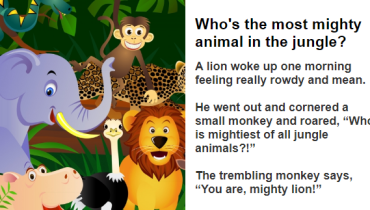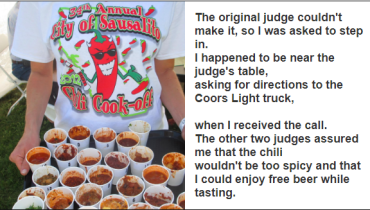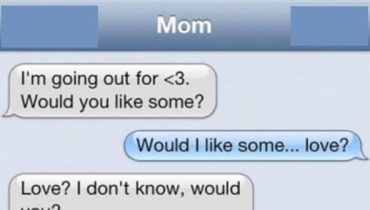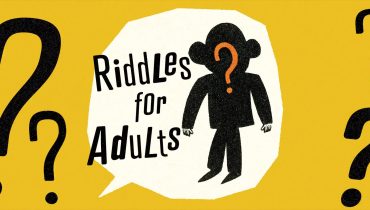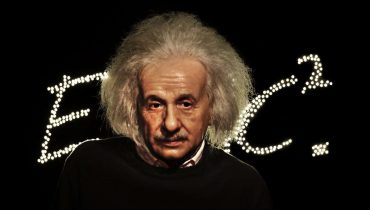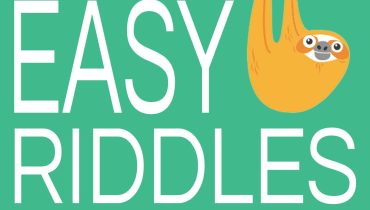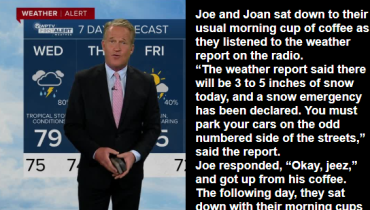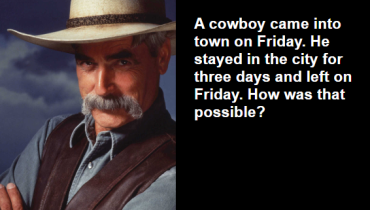Mathematical Puzzles and Problems: Numbers and Logic
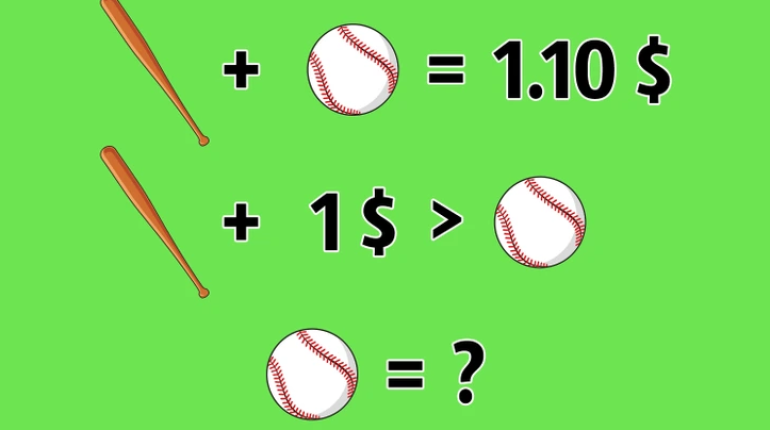
Posted August 15, 2023 by: Admin
Welcome to a captivating journey into the world of math riddles and problems! This compilation presents an engaging mix of brain-teasing riddles and thought-provoking problems designed to intrigue and entertain. Delve into the realm of numbers, logic, and puzzles that will both challenge your analytical skills and tickle your funny bone.
These riddles and problems span a wide range of mathematical concepts, from basic arithmetic to algebraic expressions and geometric reasoning. Each challenge is accompanied by its ingenious solution, allowing you to embark on an intellectual adventure while enhancing your problem-solving abilities.
Whether you’re an avid math enthusiast seeking mental stimulation or someone simply looking to have fun with numbers, this collection offers something for everyone. So, gear up for a thrilling exploration of math’s playful and intricate nature. Uncover the hidden patterns, unlock the solutions, and experience the satisfaction of cracking these mathematical conundrums.
Get ready to unravel mysteries, apply logic, and enjoy a dose of mathematical amusement with the following array of math riddles and problems. Let the journey begin!

Riddle 1:
I am an odd number. Take away one letter, and I become even. What number am I?
Solution 1:
The number is Seven. When you remove the letter “S”, it becomes “even”.
Riddle 2:
Three people check into a hotel room that costs $30. They each contribute $10, handing $30 to the hotel clerk. Later, the hotel clerk realizes there was a mistake and the room should only cost $25. The hotel clerk gives $5 to the bellboy and asks him to return it to the guests. On the way to their room, the bellboy decides to keep $2 for himself and gives $1 back to each guest. Now, each guest has paid $9 (totaling $27) and the bellboy has $2, making a total of $29. What happened to the missing dollar?
Solution 2:
The missing dollar is a bit of a trick. The total cost of the room is indeed $25, and the guests actually paid a total of $27 ($25 for the room and $2 kept by the bellboy). There’s no missing dollar; the math is just a bit misleading in the way it’s presented.
Riddle 3:
If a rooster lays an egg on top of a barn, which way will it roll?
Solution 3:
Roosters are male chickens, and only hens (female chickens) can lay eggs. Therefore, a rooster cannot lay an egg, and there would be no egg to roll.
Problem 1:
A rectangle has a length of 10 units and a width of 4 units. What is its perimeter?
Solution 1:
The perimeter of a rectangle is given by the formula:
Perimeter = 2 × (Length + Width)
Perimeter = 2 × (10 + 4) = 2 × 14 = 28 units.

Problem 2:
A train travels from City A to City B at a speed of 60 mph. On the return trip, it travels at 80 mph. If the total travel time is 5 hours, what is the distance between the two cities?
Solution 2:
Let’s denote the distance between the two cities as “d” miles. Time taken for the first leg of the trip: d / 60 hours Time taken for the return trip: d / 80 hours Total time: d / 60 + d / 80 = 5 hours Solving for “d”: d = 240 miles.
Riddle 4:
I am taken from a mine, and shut up in a wooden case, from which I am never released, and yet I am used by almost every person. What am I?
Solution 4:
The answer is pencil lead/graphite. It comes from a mine, is enclosed in a wooden case (pencil), and is used by many people.
Riddle 5:
What three positive numbers give the same answer when multiplied and added together?
Solution 5:
The numbers are 1, 2, and 3.
1 × 2 × 3 = 6
1 + 2 + 3 = 6
Riddle 6:
You see a boat filled with people. It has not sunk, but when you look again you don’t see a single person on the boat. Why?
Solution 6:
All the people were married, so there were no “single” people on the boat.
Problem 3:
If a pizza has a radius of 8 inches, what is its area?
Solution 3:
The area of a circle is given by the formula:
Area = π × radius^2
Area = π × (8 inches)^2 = 64π square inches.
Problem 4:
A car travels a distance of 240 miles. It covers the first half of the distance at a speed of 60 mph and the second half at a speed of 40 mph. What is the average speed for the entire journey?
Solution 4:
Time taken for the first half of the journey: Distance / Speed = 120 miles / 60 mph = 2 hours.
Time taken for the second half of the journey: Distance / Speed = 120 miles / 40 mph = 3 hours.
Total time for the journey: 2 hours + 3 hours = 5 hours.
Total distance: 240 miles.
Average speed = Total Distance / Total Time = 240 miles / 5 hours = 48 mph.
Problem 5:
Three friends shared a pizza equally. If each friend had 3 slices, how many slices were in the entire pizza?
Solution 5:
If each friend had 3 slices, then the total number of slices would be 3 slices/friend × 3 friends = 9 slices.
Riddle 7:
I am a three-digit number. My tens digit is five more than my ones digit, and my hundreds digit is eight less than my tens digit. What number am I?
Solution 7:
The number is 194.
Hundreds digit = 1
Tens digit = 9 (5 more than the ones digit)
Ones digit = 4
So, 194 satisfies the conditions.
Riddle 8:
I am a number. Add one to me, and you get the same result as multiplying me by three. What number am I?
Solution 8:
The number is 2.
2 + 1 = 3 (which is the same as 2 × 3)
Riddle 9:
I am a prime number. When reversed, my digits create another prime number. What number am I?
Solution 9:
The number is 13.
13 is prime, and when reversed, you get 31, which is also prime.
Problem 6:
Simplify the expression: 4(2x + 3) – 2(3x – 5).
Solution 6:
Distribute the numbers: 4(2x) + 4(3) – 2(3x) – 2(-5)
8x + 12 – 6x + 10
(8x – 6x) + (12 + 10)
2x + 22.
Problem 7:
The perimeter of a square garden is 48 meters. What is the length of each side?
Solution 7:
The perimeter of a square is given by the formula:
Perimeter = 4 × side length
48 meters = 4 × side length
Side length = 48 meters / 4 = 12 meters.
Problem 8:
A bicycle travels a distance of 15 kilometers in 30 minutes. What is its speed in kilometers per hour?
Solution 8:
Time taken = 30 minutes = 0.5 hours
Speed = Distance / Time = 15 kilometers / 0.5 hours = 30 kilometers per hour.
Riddle 10:
A bat and a ball together cost $1.10. The bat costs $1 more than the ball. How much does the ball cost?

Solution 10:





